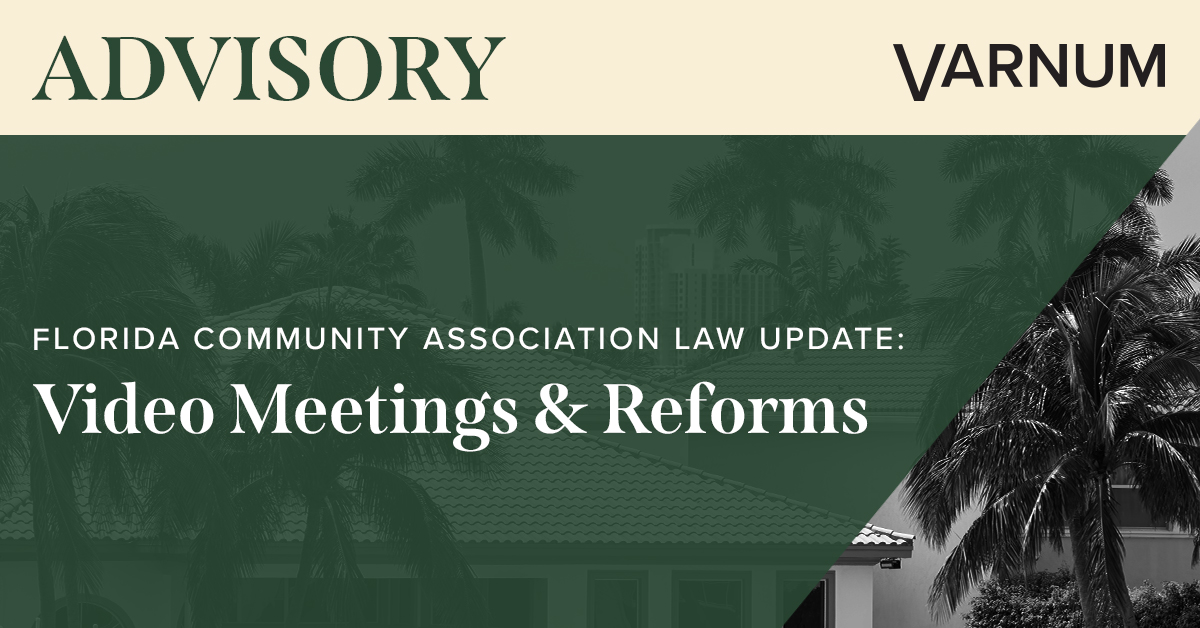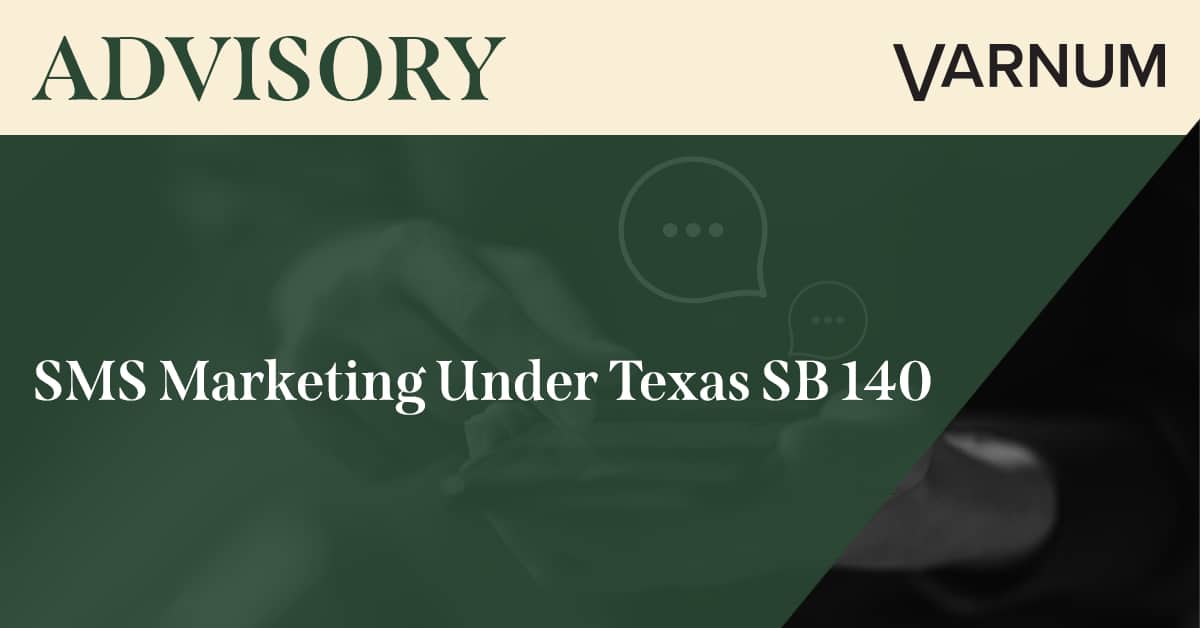Choosing how to title your real estate is more than paperwork, it’s about aligning ownership with your goals for creditor protection, probate avoidance, taxes, and family stewardship. Here is a practical framework under Michigan law to help you think through your options before speaking with an estate planning attorney.
Married Homeowners: Choosing the Right Title
- Tenants by the Entireties (Creditor Protection)
If one or both spouses faces higher creditor risk, such as professional liability, business exposure, or personal guarantees, holding the property as tenants by the entireties offers a strong protection against the creditors of just one spouse. This is particularly sensible if the property will likely be sold after the second spouse dies, rather than retained in the family, unless the family retains it and the property taxes “uncapping”. - Revocable Trusts (Probate Avoidance and Legacy Planning)
If creditor risk is low, and your priority is avoiding probate while keeping the home in the family, transferring the property into a revocable trust can be the better option. Trust ownership enables continuity of management on incapacity, custom distribution terms with contingency plans, and smoother succession. Using a solid umbrella liability policy can further mitigate creditor concerns. - Lady Bird Deeds (Avoiding Probate and Preserving Control)
If avoiding probate is the main goal, creditor risk is low, and the property is likely to be sold after death, a Lady Bird deed can efficiently transfer title outside probate while preserving lifetime control. Lady Bird deeds can also work well if the property will be retained by the family after death provided that the transfer will not result in the property taxes “uncapping.” This cost-effective option pairs well with an umbrella policy for added protection.
Single Homeowners: Revocable Trust Ownership
For unmarried clients, titling your home in your revocable living trust is often the cleanest path. It avoids the delays and public nature of probate and simplifies incapacity planning. If the trust beneficiaries named to receive the property upon death would result in an uncapping, transferring the property to the trust while the owner is living eliminates the risk that a Lady Bird deed could trigger higher property taxes at death. Trust ownership also allows tailored distribution provisions with contingency planning.
Choosing the Right Home Titling Strategy
Ultimately, title strategy should reflect your creditor profile, plans for the property after death, and priorities around privacy and administration.
Before changing the title of your home, consult with Varnum’s estate planning attorneys to ensure your plan protects your assets, your family, and your long-term goals.




